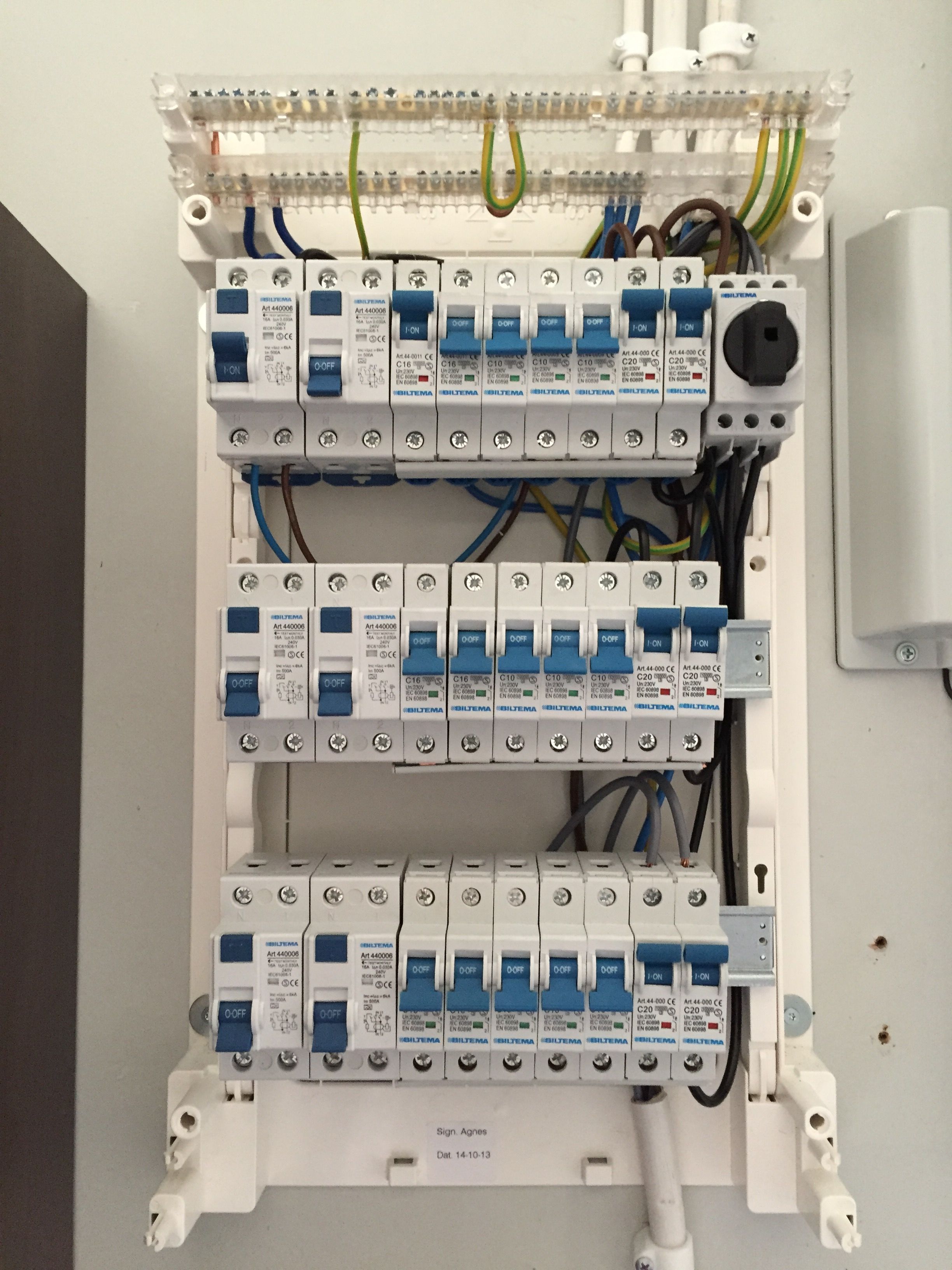I was going to go with 4x4x2ish? boxes, a pair of duplex receptacles at each one. I already have a Leviton 'slim' 20 amp gfi receptacle.
But you guys are gunna love this, I just came out of my attic... I'm seriously reconsidering just running romex through the wall... Regarding romex, I do not have to staple it behind an existing wall correct? Does it have to be secured/stapled to the attic joists? I notice my house wiring isn't secured to anything once it exits the wall... (Just talking about the #10)
4x4 boxes (two-gang) will meet code and be an easier installation than a single gang.
you are allowed to 'fish' romex behind finished spaces but if it is an insulated exterior wall, it can be a pain. sometimes the cable will come through fine but the insulation will get all messed up. an option may be romex (nm cable) in the attic and then transition to conduit running down the wall.
regarding running romex in the attic, is the attic accessed by a permanent stairs or ladder? if yes, you would need to either bore holes through the ceiling joists and run the romex through the holes (like in walls of new construction) or lay it on top of the joists. if on top, you would need additional 'guard strips' on the side of the cable, to protect it from damage (e.g. stepping on it). if the attic is NOT accessed by a permanent stairs or ladder, the methods described above only apply within six feet of the access hole to the attic. as long as your cable is not within six feet of the access hole, you can run your cable along the top of the joists (with staples) without the need for any additional protection.
if that 40 amp circuit is unused in your attic, could be a candidate for rerouting to the garage for your brew panel.










![Craft A Brew - Safale BE-256 Yeast - Fermentis - Belgian Ale Dry Yeast - For Belgian & Strong Ales - Ingredients for Home Brewing - Beer Making Supplies - [3 Pack]](https://m.media-amazon.com/images/I/51bcKEwQmWL._SL500_.jpg)
















































